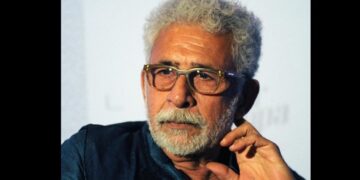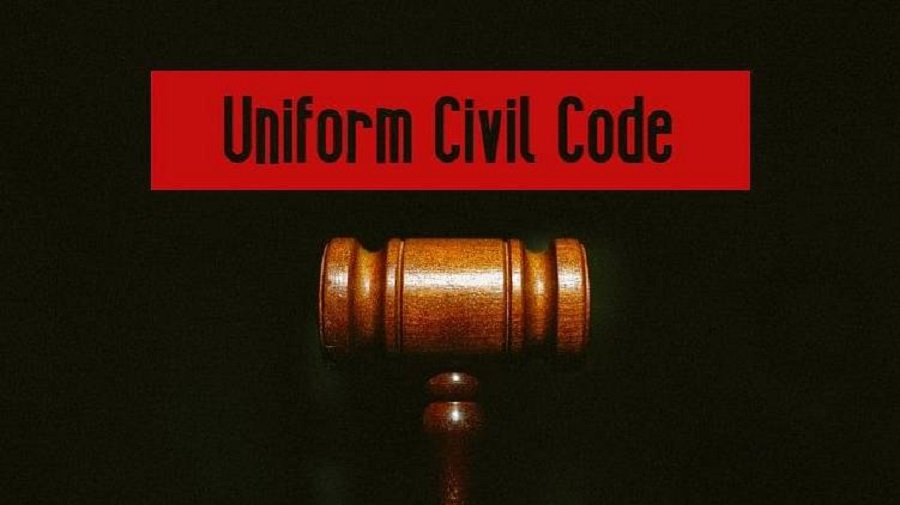KOHIMA: The Catholic Association of Nagaland (CAN) has voiced its firm opposition to the proposed implementation of the Uniform Civil Code (UCC), asserting that India’s strength and unity draw from its diversity rather than a mandated uniformity.
During a comprehensive day-long seminar, themed “Reading the Signs of the Times,” held in Kohima on August 13, Rev James Thoppil, the Bishop of Kohima Diocese, conveyed the association’s concerns that the implications of the UCC extend beyond tribal affiliations and religious beliefs, intruding into personal lives.
“We must honor the moral principles of Human Rights… Fostering cultural diversity is pivotal to prevent individuals from becoming mere automatons of uniformity. Our nation’s potency and unity are shaped by the richness of languages and religions, which should be nurtured rather than undermined by the UCC,” Thoppil was quoted as saying in local media.
Johnny Ruangmei, President of CAN, described UCC as “alien” and advocated harnessing of diversity as a unifying force. Ruangmei elaborated that CAN believes that unity arises from the tapestry of diversity, and uniformity should not erode this harmony.
Apart from the UCC and its perceived repercussions on the society, the seminar covered an extensive array of topics such as the Registration of Indigenous Inhabitants of Nagaland (RIIN), the enduring Naga Political Issue, and Article 371(A) of the Constitution of India. The discourse aimed to provide comprehensive insights to both central and state governments for formulating policies that best serve the welfare of the populace.
CAN, which is poised to present the seminar’s outcomes to the government for further deliberation, stressed that its tance against UCC underscores the association’s commitment to preserving national unity by celebrating and safeguarding its diverse cultural fabric.















